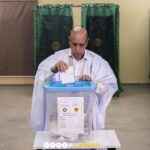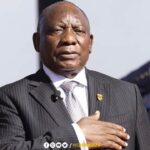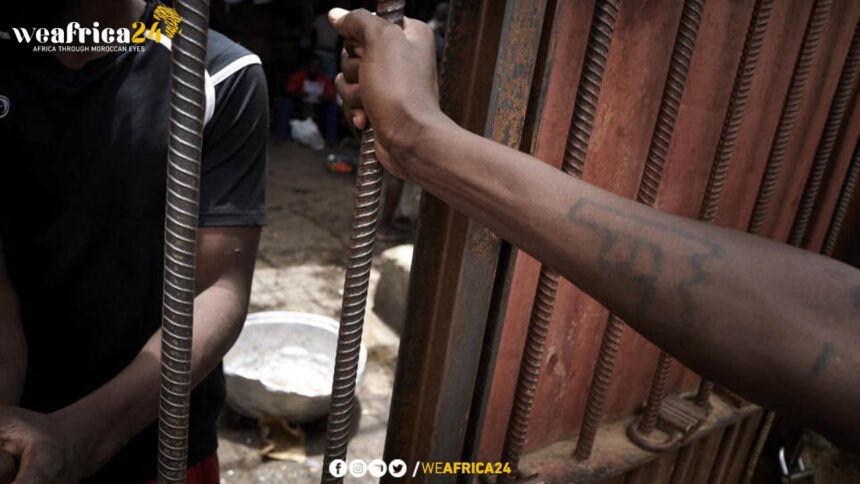They have spent nine days in custody since they were arrested on June 20th and charged and committed to court on June 24th. The ten political leaders of the March 31st Declaration—a coalition bringing together almost all the political parties in Mali and demanding to return to constitutional order—are no longer detained at Bamako Central Prison. They have already been transferred to different prisons within the country in the past few days. The members were arrested while attending a political meeting and were charged with “opposition to the exercise of legitimate authority.”
Of the twelve detainees, three are now being held in Keniéroba Prison, some 60 kilometers south of Bamako. Another three are held in Koulikoro, about 60 kilometers north of the capital. The remaining four have been transferred to Dioïla Prison, 160 kilometers east of Bamako.
These are ex-ministers and other high-ranking leaders of major political parties in Mali, such as RPM, Adema, Asma, PDES, Nema, Union, Vinda, and Alternative for Mali. They are still detained and isolated until the end of proceedings against them before the competent courts.
One of the lawyers present said, “We know it is to stop them from communicating with each other, and it complicates visits; otherwise, it’s normal legally. Given the overcrowding in prisons, practically, it’s even better this way.” He concluded, “We cannot complain.”
In April, transitional authorities in Mali suspended all political activities of parties and associations operating in the country “for maintaining public order” without any time limit. The defense considers this interdiction contrary to the Malian Constitution and also contests the legality of such arrests, effected without a warrant during a meeting in a private home.
Contemporarily, political leaders opposed to the transition authorities are wary of words or simply remain silent expeditiously due to fear of repression. Others, who have been overly critical, languish in prisons, and some represent civil society.
At best, those calling most loudly for civil disobedience in defence of laws and democracy take refuge in exiles or clandestinity. Ex-minister Housseini Amion Guindo, the current president of the party Codem, of the platform Djiguiya Koura, and member of the Declaration of March 31st, is currently in hiding somewhere in Mali.
In a message posted on social media, he said, “Not out of hopes from the oppressor, certainly, to satisfy the aspirations of the oppressed,” and called for “resistance” to “defend the Constitution, which is the cement of all Malians in order to preserve cohesion and communal living.”
With the new session now approaching for the National Assembly, July 9, 2024, Mali’s political climate is getting wide with an unpredictable future for such detained political leaders and continuous restless struggling for constitutional order.







